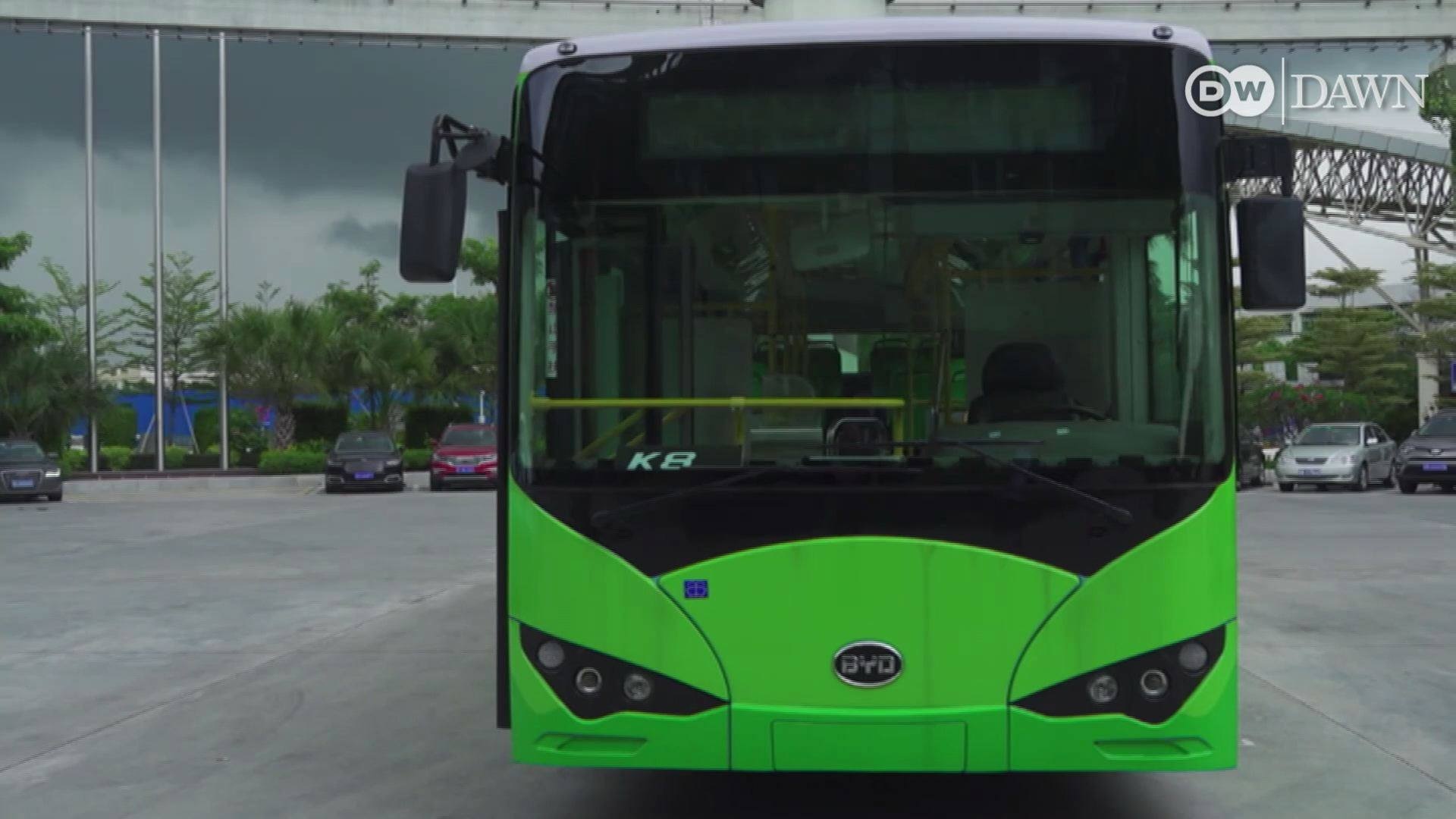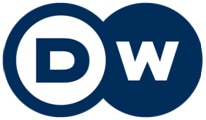In Shenzhen, China, 16,000 public buses have gone electric
In just three years, all of Shenzhen's 16,000 buses have gone electric.
The city's bus drivers have been retrained and there are now 5,000 charging points at bus depots. A fully charged bus can travel 200 kms, which is about a day's driving.
Jianjing Yu, who is spearheading the changes, says "We can charge the bus in the evening when services have stopped for the day, that's good because electricity costs less in the evening so the bus company saves money."

Electric buses cost about twice as much as Diesel ones, but because power is relatively cheap in China, the city council says electric buses will cost less in the long run. It claims the local economy has benefitted too.

These buses are manufactured by BYD, a car maker based in Shenzhen. BYD is a global market leader when it comes to electric buses, supplying to cities like London and Budapest.
"Electric buses are just a start, its just a baby step for BYD," says a company representative. "In the future we not only want to electrify buses, but also the taxis, trucks and other vehicles."

China's government has an ambitious strategy plan when it comes to electric mobility, and the administrative regions are doing their bit.
Two-thirds of Shenzhen's taxis have already gone electric. BYD runs charging stations throughout the megacity, which the taxi drivers use at the end of their shifts.

However during the peak period, not everyone is happy.
"It's not worth it, i have to charge my car for 2 hours every day," says a local taxi driver. "That's a loss of 10 or 20 EUROs of business. Instead of earning money, I sit around and play games on my phone, and that gets boring after a while."

The city's government, however, is having none of it. It says the low power prices make up for any other losses, and drivers should be taking regular breaks anyway.

This content has been published in partnership with Deutsche Welle (DW).


